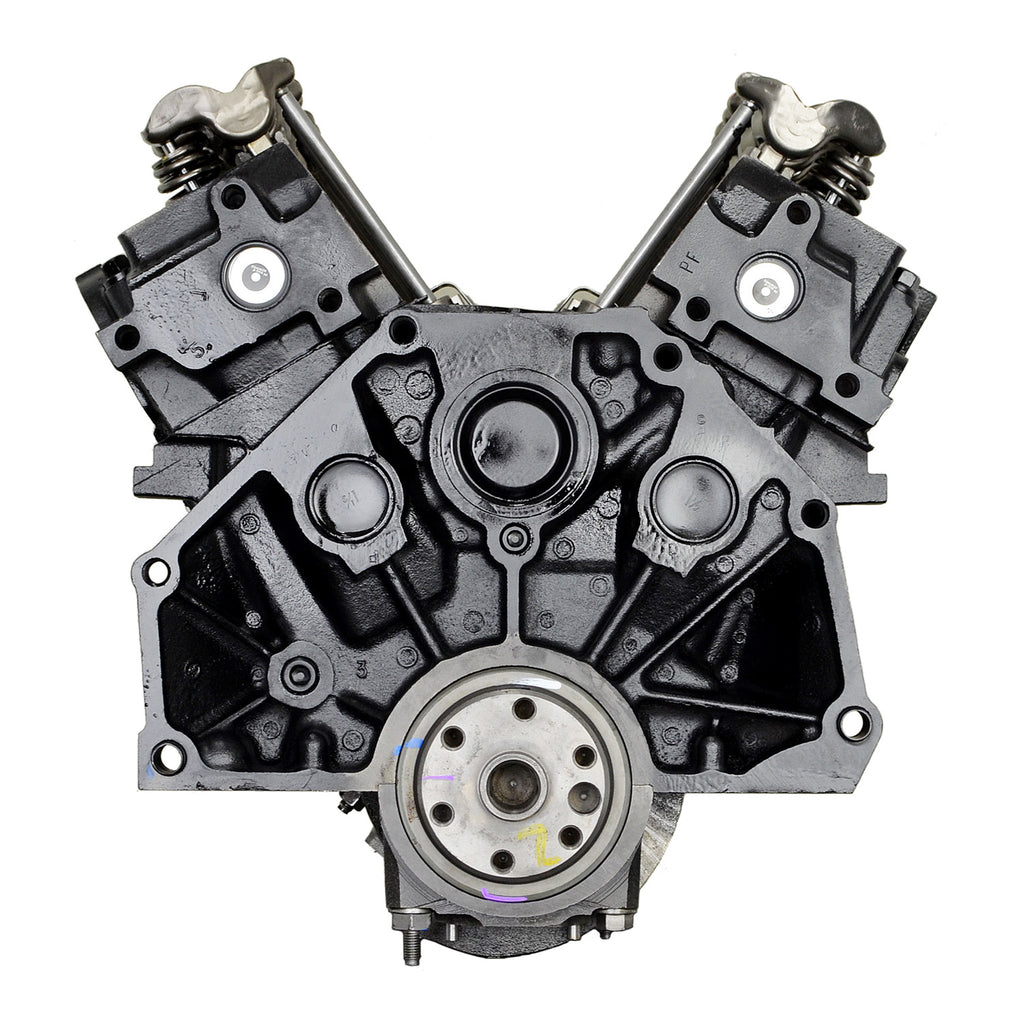How to Maintain and Optimize the 2.2 Ford Ranger Engine for Long-Lasting Performance
What Makes an Automobile Engine Run Efficiently: Top Tips for Ideal Treatment
The smooth operation of an auto engine is basic to both efficiency and longevity, making optimal care an important obligation for car proprietors. What details actions should you focus on to guarantee your engine stays in peak problem?
Routine Oil Modifications
Among the most important aspects of car maintenance is ensuring your engine receives normal oil modifications. Engine oil lubricates inner parts, minimizes friction, and assists preserve ideal operating temperatures. Gradually, oil breaks down as a result of heat, pollutants, and the all-natural byproducts of burning, bring about minimized effectiveness and prospective engine damage.
Many makers advise transforming the oil every 5,000 to 7,500 miles, however this interval can vary based upon driving conditions and oil kind. For example, synthetic oils might permit for longer intervals in between modifications. Routine oil modifications not only boost engine efficiency but also boost gas effectiveness, as tidy oil promotes smoother operation.
Neglecting oil changes can lead to sludge accumulation, which hinders circulation and can bring about serious engine concerns. It is important to inspect oil degrees on a regular basis and monitor for any uncommon modifications in shade or uniformity, which can suggest contamination or destruction.

Preserving Coolant Degrees
Keeping correct coolant degrees is vital for protecting against engine getting too hot and guaranteeing ideal efficiency. The coolant, commonly a mixture of water and antifreeze, circulates through the engine, taking in warm and avoiding thermal stress and anxiety. Not enough coolant can bring about boosted engine temperature levels, which might create extreme damages or perhaps complete engine failing.
To keep optimum coolant levels, on a regular basis evaluate the coolant storage tank, generally situated in the engine bay. Make certain the coolant is loaded to the recommended mark, as indicated in your vehicle's owner handbook. It is a good idea to check the levels at least when a month or eventually trips, especially throughout extreme weather.
If you discover that the coolant degree is continually reduced, there may be a leak in the cooling system, which should be addressed promptly to stop further complications. 2.2 ford ranger engine. Additionally, purging the coolant system every a couple of years can help remove any kind of collected debris and ensure reliable warmth exchange
Monitoring Air Filters

It is advised to examine the air filter every 12,000 to 15,000 miles, or extra regularly if driving in dirty or adverse conditions. A basic visual inspection can frequently expose whether the filter is filthy or harmed. It should be changed promptly. if the filter appears blemished or has visible dust build-up.
Making use of a top notch air filter developed for best site your certain car version can even more enhance engine performance. Additionally, some automobiles might take advantage of reusable filters that can be cleansed and reinstalled, offering a cost-efficient and ecologically friendly choice.
Inspecting Spark Plugs
Flicker plugs are necessary elements of an automobile's ignition system, straight affecting engine efficiency and efficiency. They create the trigger that fires up the air-fuel mixture in the combustion chamber, assisting in the engine's power generation. Regular examination of ignition system is crucial for keeping optimum engine function and preventing possible issues.
Dark residue or oil down web link payments can show incorrect combustion, while a white or raw appearance may suggest getting too hot. Both problems need prompt attention to prevent more engine damage.
It's recommended to check ignition system every 30,000 miles, or as recommended in your car's proprietor guidebook. Furthermore, take into consideration changing them according to the producer's guidelines, as old or used trigger plugs can result in misfires, lowered gas performance, and raised emissions.
Tracking Tire Stress
Guaranteeing proper tire pressure is an important facet of car safety and performance. Under-inflated tires can result in reduced fuel performance, enhanced tire wear, and compromised handling. Conversely, over-inflated tires can decrease traction and raise the danger of blowouts. For that reason, normal tracking of tire pressure is crucial for optimal lorry procedure.
Tire stress should be inspected at least once a month and previously lengthy journeys. Utilize a reputable tire pressure gauge to gauge the stress when the tires are cool, ideally before the vehicle has been driven for a minimum of three hours. Describe the vehicle's proprietor manual or the placard learn this here now located on the vehicle driver's side door jamb for the maker's advised pressure degrees.
It is necessary to note that tire stress can vary with changes in temperature; a decline of 10 ° F can lead to a 1-2 psi decline in pressure. Furthermore, visually examine tires for any type of indicators of wear or damages throughout your monitoring regimen. Keeping correct tire stress not only boosts vehicle security yet likewise enhances gas efficiency and extends tire life, inevitably adding to a smoother engine performance.
Conclusion
In final thought, maintaining an automobile engine's smooth procedure needs attentive attention to numerous essential factors. Inevitably, a proactive technique to engine treatment is important for making certain dependability and performance over time.
One of the most essential facets of vehicle upkeep is ensuring your engine receives normal oil modifications. Engine oil lubricates interior parts, decreases rubbing, and helps keep ideal operating temperatures. Routine oil adjustments not only boost engine efficiency however additionally improve fuel efficiency, as clean oil advertises smoother operation.
Not enough coolant can lead to increased engine temperature levels, which may create serious damage or even complete engine failure.
